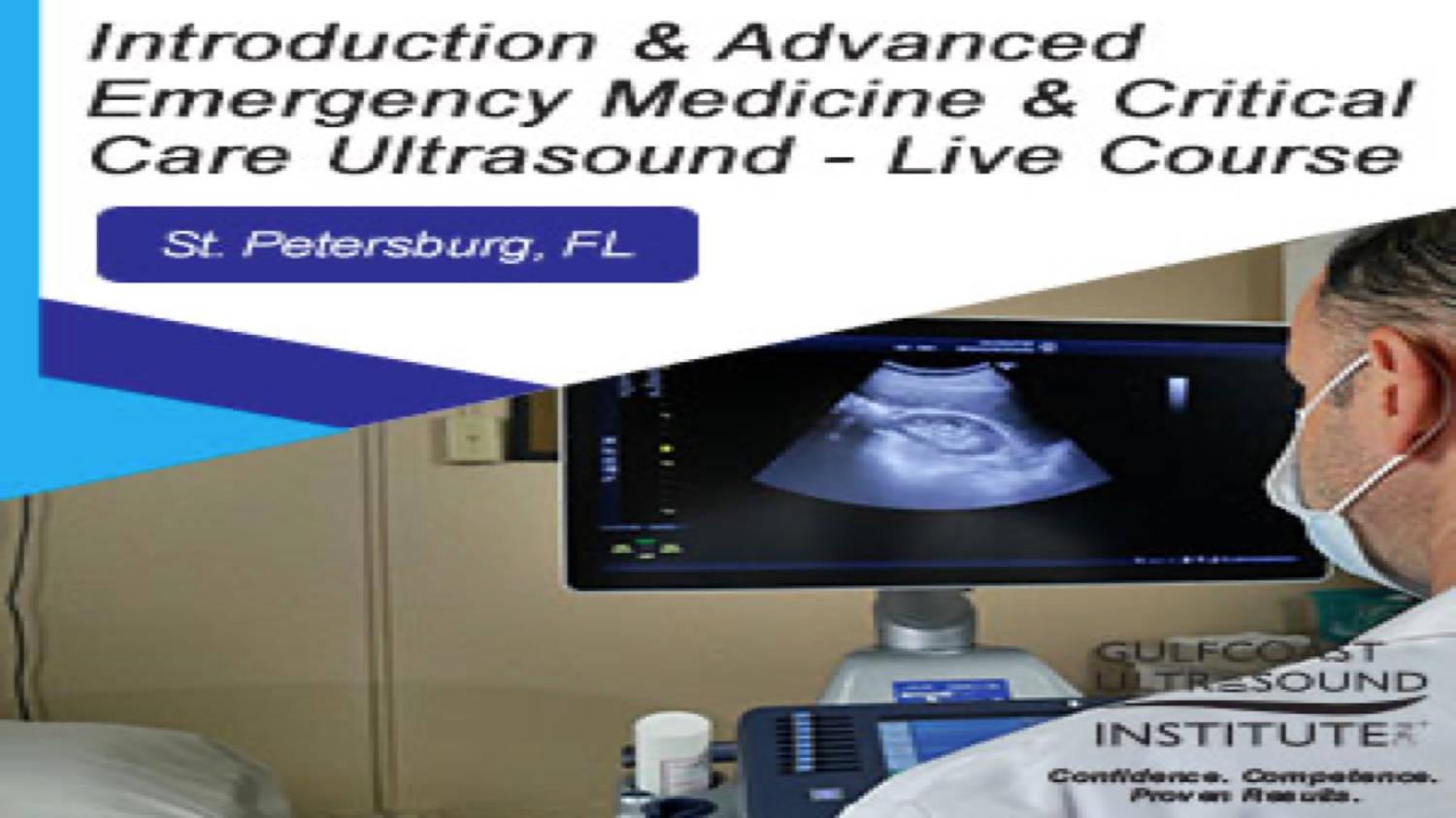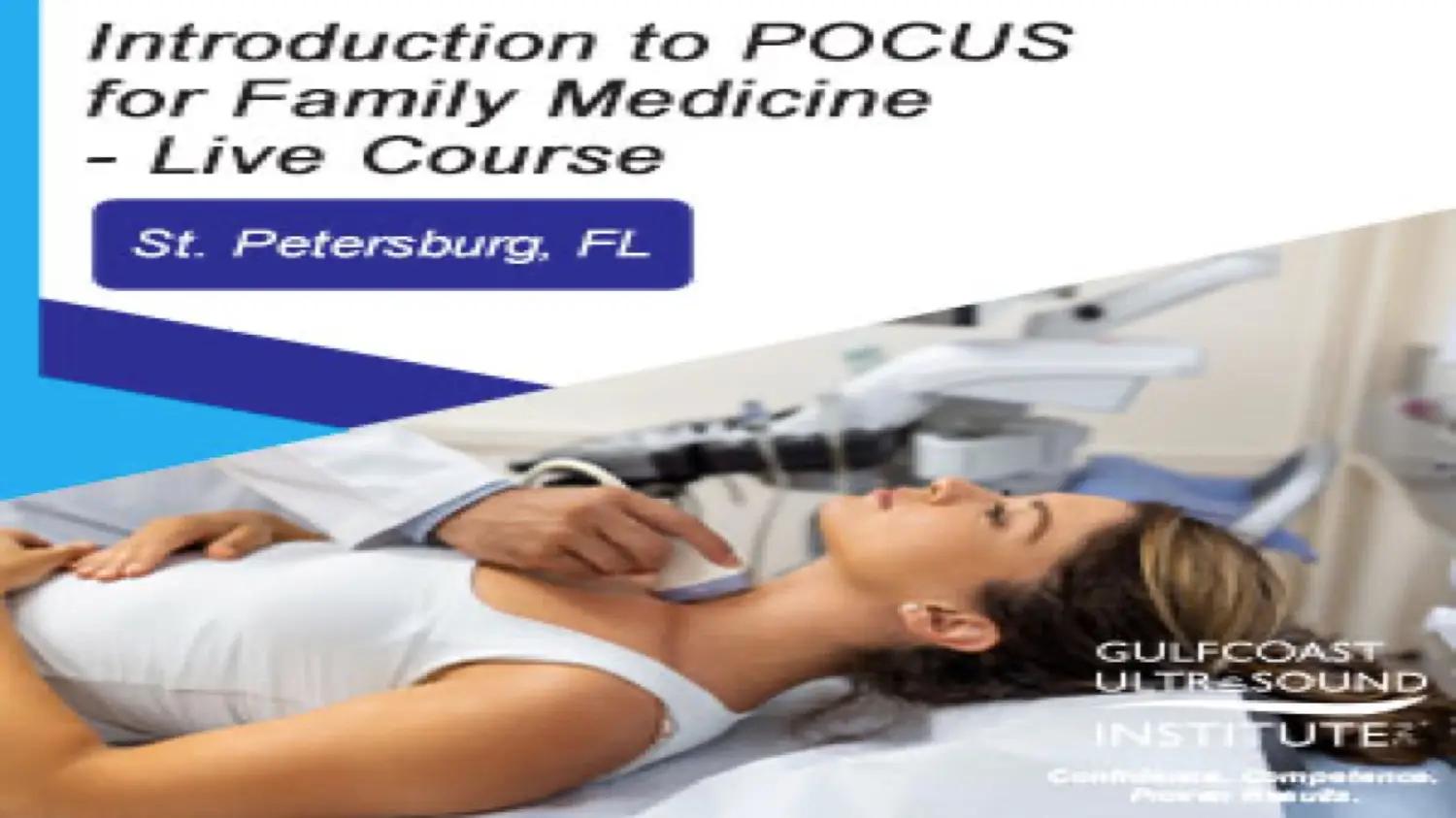
Cardiovascular Disease Prevention Course
 hosted byBaptist Health South Florida
hosted byBaptist Health South Florida


Cardiovascular Disease Prevention Course is organized by Baptist Health South Florida.
Course opens: 05/01/2022
Course expires: 04/30/2025
Overview:
Course Topics
The ABCs of Primary and Secondary Prevention of Cardiovascular Disease
In recent years, improvements in outcomes related to cardiovascular disease have been due in part to the prioritization and progress of primary and secondary prevention efforts. Dr. Roger S. Blumenthal, an expert in the pathogenesis, treatment and prevention of cardiovascular disease, will compare and contrast the AHA/ACC and European guidelines and discuss the evidence for the changes in cardiovascular risk assessment guidelines.
Dr. Blumenthal was the principal developer of Johns Hopkins’ Ciccarone Center for the Prevention of Cardiovascular Disease and is an official national spokesperson for the American Heart Association. He has co-written more than 700 articles dealing with many aspects of coronary heart disease and cardiovascular disease management.
Aspirin and Cardiac Disease Prevention
Who should be taking aspirin as prevention for heart disease? The efficacy of aspirin as secondary prevention –– to prevent another event in people who have had a heart attack or other cardiac disease –– is firmly established. However, whether people with no known cardiovascular disease should take daily aspirin as primary prevention –– to reduce their risk of a first event –– remains a highly controversial topic in preventive medicine. Dr. Blaha will provide some insight into this question by discussing primary prevention and cardiac CT, cardiac disease prevention as primary prevention –– with specific cases to illustrate his point –– and whether patients with no existing atherosclerotic disease should use aspirin.
Learning Objectives:
• Explain the rationale for changes in 2013 ACC/AHA Guideline on the Assessment of Cardiovascular Risk.
• Apply the comprehensive “ABCDE” approach for all cardiovascular disease patients.
• Examine the evidence supporting aggressive medical and lifestyle management of cardiovascular disease and recognize cardiac prevention as primary prevention.
• Discuss the use of aspirin in patients with no previous atherosclerotic cardiovascular disease.
• Identify patients who should be taking aspirin as primary prevention.









